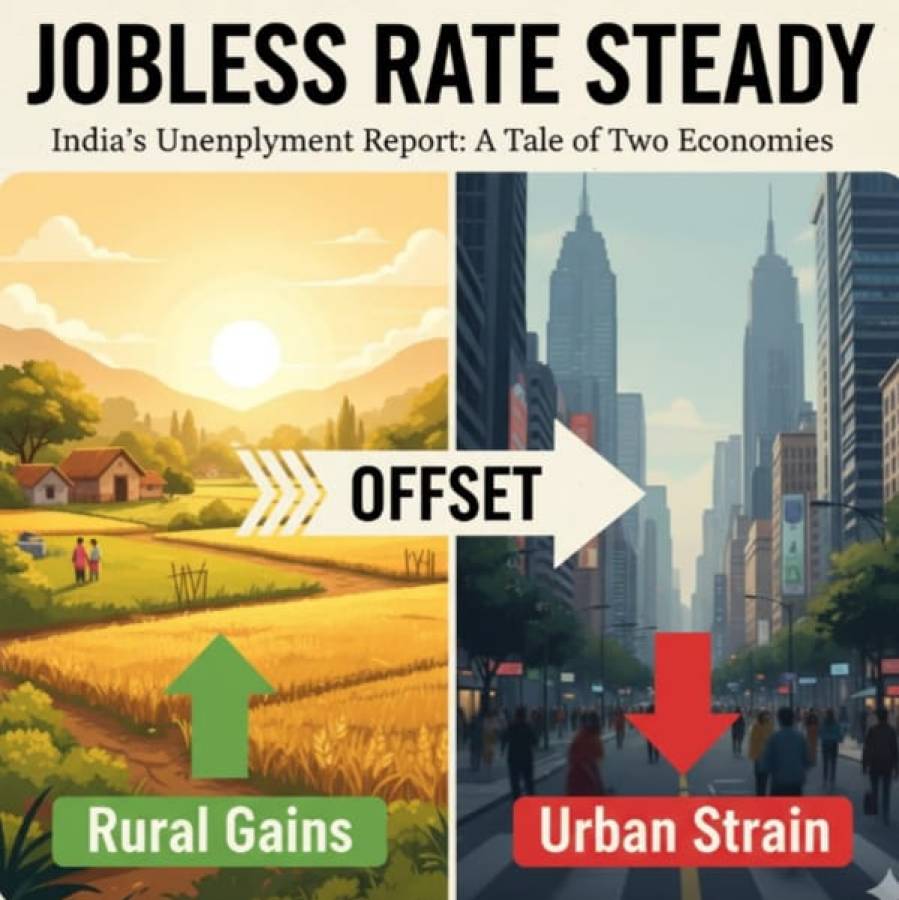
In recent years, India saw the rise of several educational technology companies. Among them, Byju’s stood out as the brightest star. It started as a small venture by Byju Raveendran, a teacher from Kerala who turned his passion for teaching into a digital empire.
For a time, it was celebrated as one of India’s biggest startup successes. However, what followed was a dramatic fall that has now become a cautionary tale for the Indian startup world.
The story of Byju’s began with a strong idea. Byju Raveendran noticed that many Indian families wanted to give their children a better future through education. They believed that getting into top colleges would lead to good jobs and social mobility.
Byju’s provided video lessons and online courses to help students prepare for competitive exams like JEE and NEET. This idea caught the attention of parents and students, especially those living in small towns and villages with fewer resources.
Byju’s became extremely popular. Investors from all over the world, including the United States, put in millions of dollars. At one point, the company was valued at over 5.5 billion dollars. It seemed like nothing could stop its growth.
However, problems soon started to appear.
The company used aggressive marketing strategies to attract new customers. Salespeople from Byju’s were sent to visit homes, especially in poor neighborhoods. They promised parents that their children would succeed if they used Byju’s courses.
Many families could not afford the high subscription fees. When they said so, Byju’s offered loans through banks and other financial institutions. This allowed families to subscribe, but it also created a heavy burden of debt.
Often, these families were not fully aware of what they were signing up for. After two or three months, the free trial would end, and the loan payments would begin. Some families started to struggle to pay back the loans. Others realized the courses were not as useful as they were promised. Many subscriptions were never renewed. This caused serious problems for the company’s finances.
To keep attracting investors, Byju’s focused on increasing the number of subscribers — even if many of them were not paying. They counted these subscribers to show that the company was growing. However, this kind of growth was not real. It looked good on paper, but it did not bring in real money.
Over time, investors lost trust, and the company began to face financial trouble.
The case of Byju’s teaches us many important lessons.
First, the desire for social mobility is very strong in India. Education is seen as the most reliable way for poor and middle-class families to move up in life. This creates a huge demand for educational services. However, when companies take advantage of these hopes and fears for profit, it can cause great harm.
Second, the startup culture in India must become more responsible. It is important for companies to focus on real, meaningful growth rather than just numbers that look impressive to investors. Transparency, ethical marketing, and honest communication with customers are essential for long-term success.
Finally, the government and society must work together to ensure that education remains affordable and accessible to all. Technology can help, but it should not become a tool for exploitation. Families should not be forced into debt for the sake of their children's future.
Byju’s journey from success to crisis is a reminder that big dreams must be matched with responsibility. In the race to become the next big thing, companies should never forget the people they are meant to serve.
Education is not just a business. It is a service to the nation and its future.





















